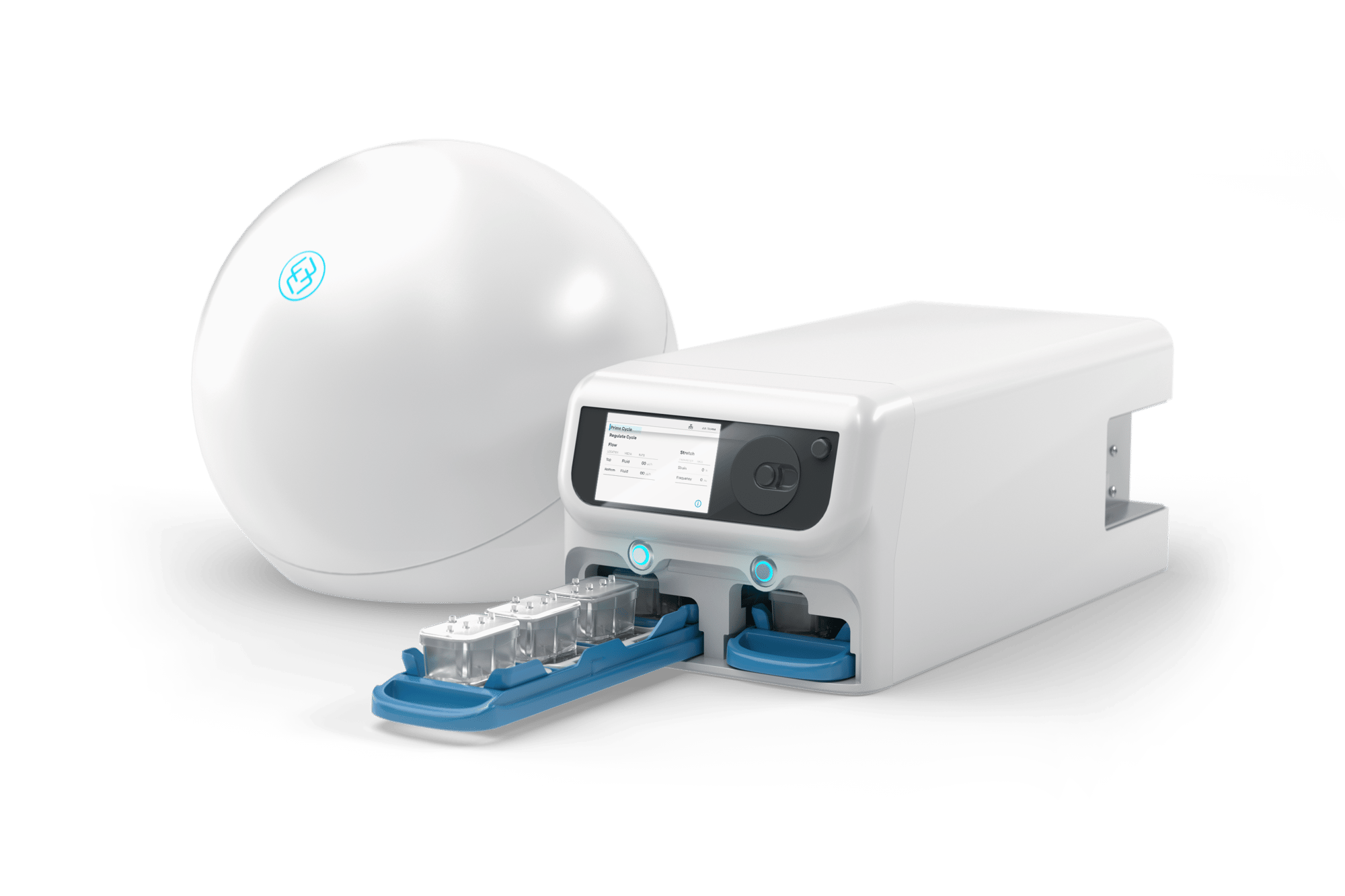Emulate at Society of Toxicology 2024
Learn how you can confidently predict the human toxicity of drug candidates with Organ-Chips.

Come see what we've been up to!
TALKS
Monday, March 11
- 9:00 - 11:30 am: Can Microphysiological Systems Address Complex Toxicological Endpoints? (Room 255 D)
POSTERS
Monday, March 11
- 9:15 - 11:15 am: Evaluating the immunotoxicity of CD137-induced agonism on the Human Liver-Chip (P612, Exhibit Hall C)
- 2:15 - 4:15 pm: Donor-dependent responses to acetaminophen in human primary liver cells cultured in a liver microphysiological system (P723, Exhibit Hall C)
Wednesday, March 13
- 11:45 am - 1:45 pm: On the potential of the Human Liver-Chip as a model of cholestatic toxicity (P495, Exhibit Hall C)

Validated for DILI prediction
The Emulate human Liver-Chip is the first Organ-Chip to be qualified against IQ MPS guidelines for predicting drug-induced liver injury (DILI).
In a groundbreaking study, researchers demonstrated that the Emulate human Liver-Chip was able to correctly identify 87% of the tested drugs that caused DILI in patients despite passing animal testing evaluations.
At the same time, the Emulate human Liver-Chip did not falsely identify any drugs as toxic, leading to a 100% specificity and supporting its use in toxicology screening workflows.
.png?width=639&height=639&name=Nature%20Comms%20Cover%20(2).png)
Organ-Chips benefit toxicology studies at every step of the pipeline
Early Discovery
Create custom organ models with closer-to-human gene expression to identify and validate drug targetsLead Optimization
Screen for diverse mechanisms of toxicity for preclinical drug candidates and assess the human relevance of toxicity observed in preclinical animal studies

Preclinical Safety
Understand toxicity mechanisms to quantify risk and support "weight-of-evidence" arguments for entry into the clinic.
Clinical Trials
Identify the mechanism(s) of toxicity for candidates with unexpected safety signals in the clinic